“Energy Poverty Impacts Every Aspect of People’s Lives”
Rachel, Let There Be Light International’s Communications Intern, spoke with Dawn, a member of the Wharton Global Impact Consultants (WGIC) team, about energy poverty and Dawn’s work with LTBLI in March 2020. Since early March, when the team of volunteers from the University of Pennsylvania’s Wharton School headed to Uganda, a great deal has changed in the world. A devastating global pandemic has affected millions of people, upending travel and programming, but some things remain the same. Referring to the 17 United Nations Sustainable Development Goals (SDGs), Dawn notes, “we need all hands on deck to achieve the SDGs.” LTBLI couldn’t agree more!
“Energy Poverty may seem like a niche issue, but it impacts every aspect of people’s lives, from health, to education, to financial resilience.”
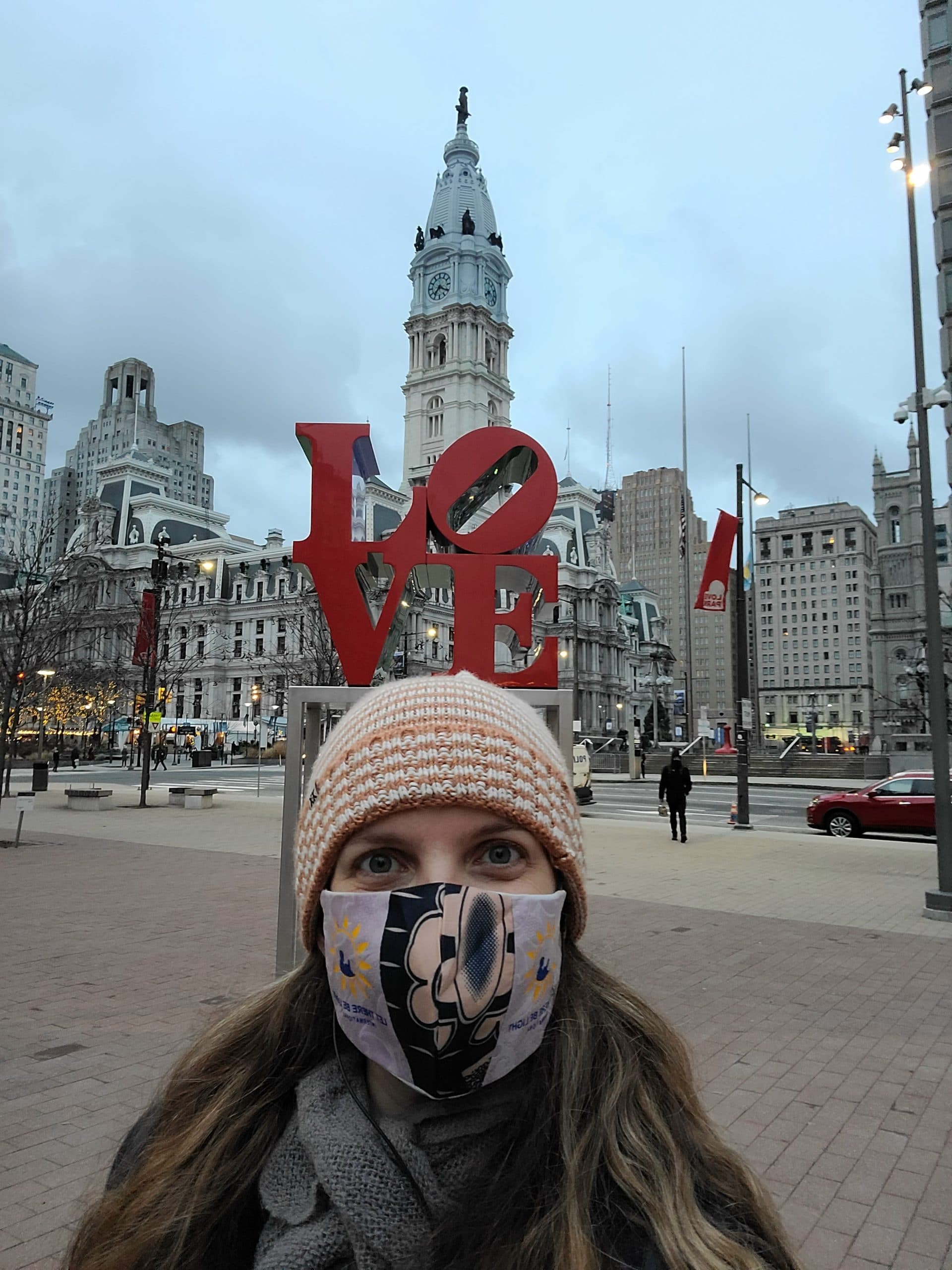
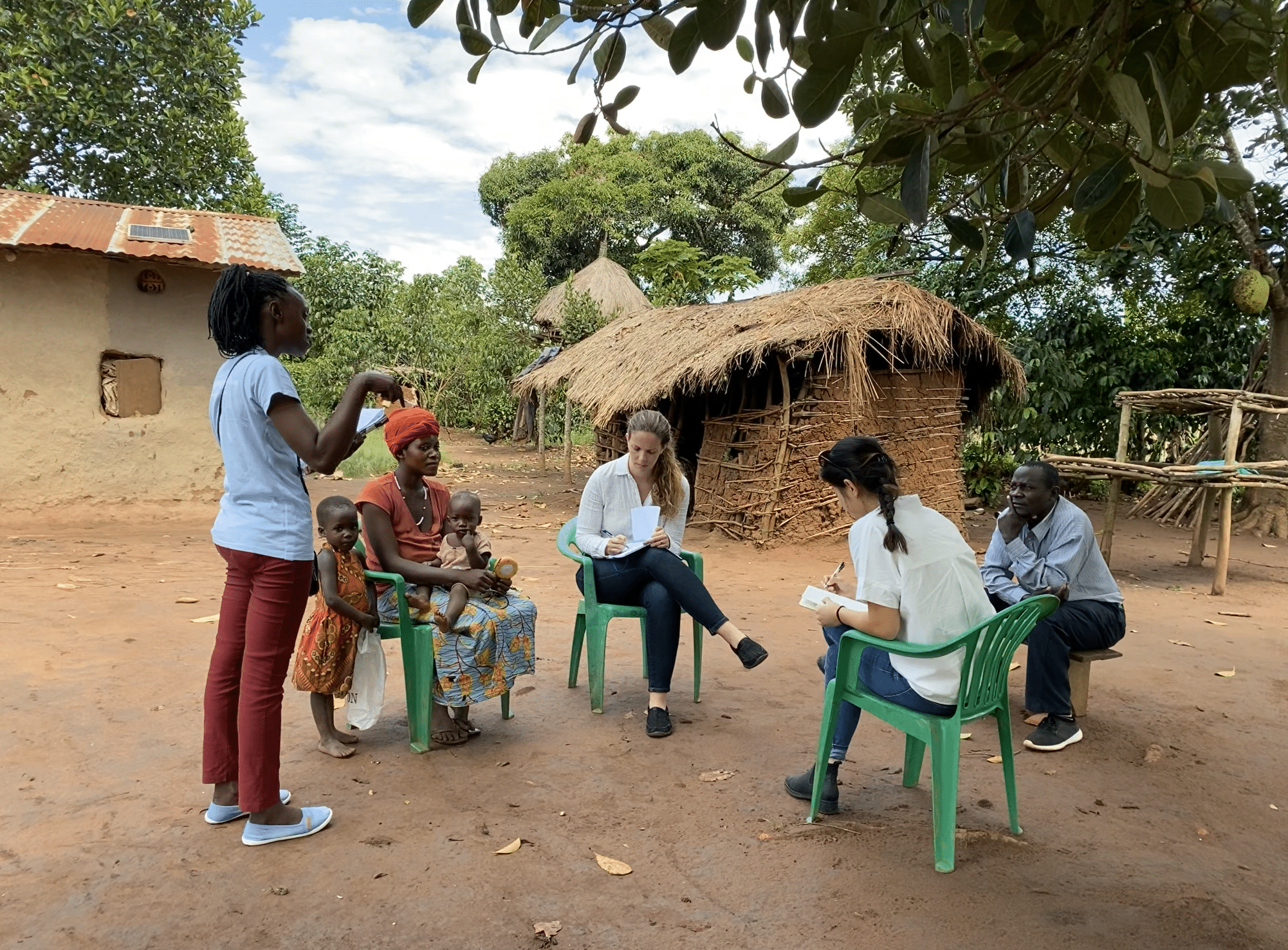
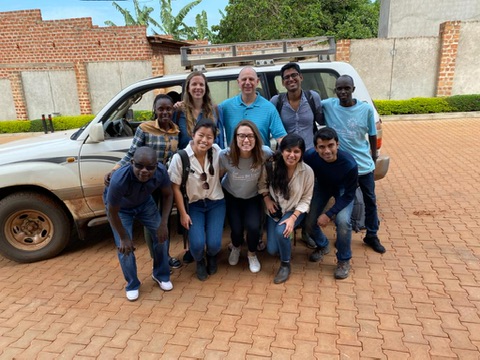
R: You were a member of the Wharton Global Impact Consulting team which assessed the preliminary impacts of LTBLI’s maternal and infant health program in Uganda, Safe Births + Healthy Homes. A primary line of inquiry was how the program, which solar-electrifies rural health clinics and donates solar lights to new mothers, impacts mothers and babies. My question is: What drew you to working with Let There Be Light International? Why are the issues of energy poverty and sustainability important to you?
D: I was compelled by LTBLI’s use of solar energy to improve healthcare, financial resiliency, and to combat climate change at the same time. It was also important to me to partner with an organization that was rooted in the community. LTBLI partners with local governments, community health workers, Solar Health Uganda, [a grassroots NGO in Uganda], and other stakeholders to introduce sustainable [energy access] solutions that serve the needs of community members.
R: What aspect of working with LTBLI had the biggest impact on you?
D: Working with LTBLI was one of the most meaningful aspects of my Wharton experience. I have since returned to the private sector to attempt to put a dent in the $2.5 trillion per year financing gap to achieve the Sustainable Development Goals (SDGs) in developing countries. Throughout my day-to-day work in impact investing, which can feel very far removed from the field, I hold a tremendous amount of appreciation and respect for the organizations on the front lines of tackling the SDGs.
“I carry with me the stories of people who can’t afford to buy a solar light.”
Even though I’m dedicating my career to mobilizing traditional pools of capital to address the SDGs, I walked away from my time in the field humbly acknowledging the limits of market-based solutions. I carry with me the stories of people who can’t afford to buy a solar light, and even if they could – don’t know where to find one in their remote communities. While evaluating an investment opportunity that touts the favorable tailwinds of 80% smartphone penetration in developing countries, I see this long-cited statistic in a new light. In the villages outside of Kikonda and Butemba, Uganda, I met the other 20% – and some of them can’t even afford to have phones at all. Those are the truly underserved populations that LTBLI is reaching. We need all hands on deck to achieve the SDGs, and the work of organizations such as LBTLI play an essential part of that effort.
R: What is one thing you want other people to know about energy poverty?
D: As a feminist, the best surprise was discovering how the Safe Births + Healthy Homes program was making strides in advancing SDG 5: Gender Equality. In countless home visits, new mothers proudly declared, “the light is mine.” The mothers went on to share how they leveraged the savings from their solar light and extra hours of light to start new businesses and increase their say in household decisions.
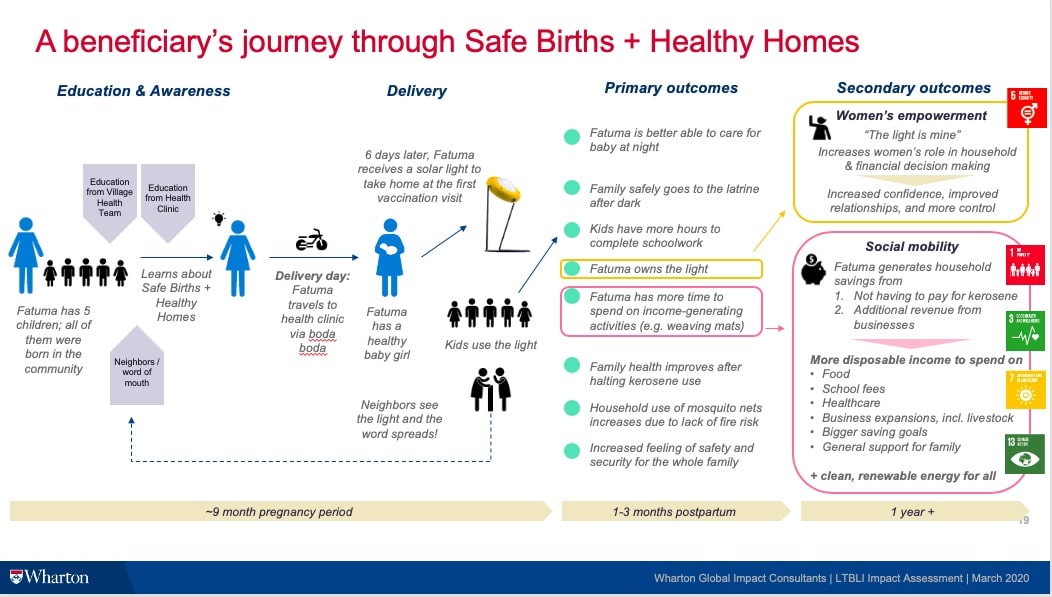
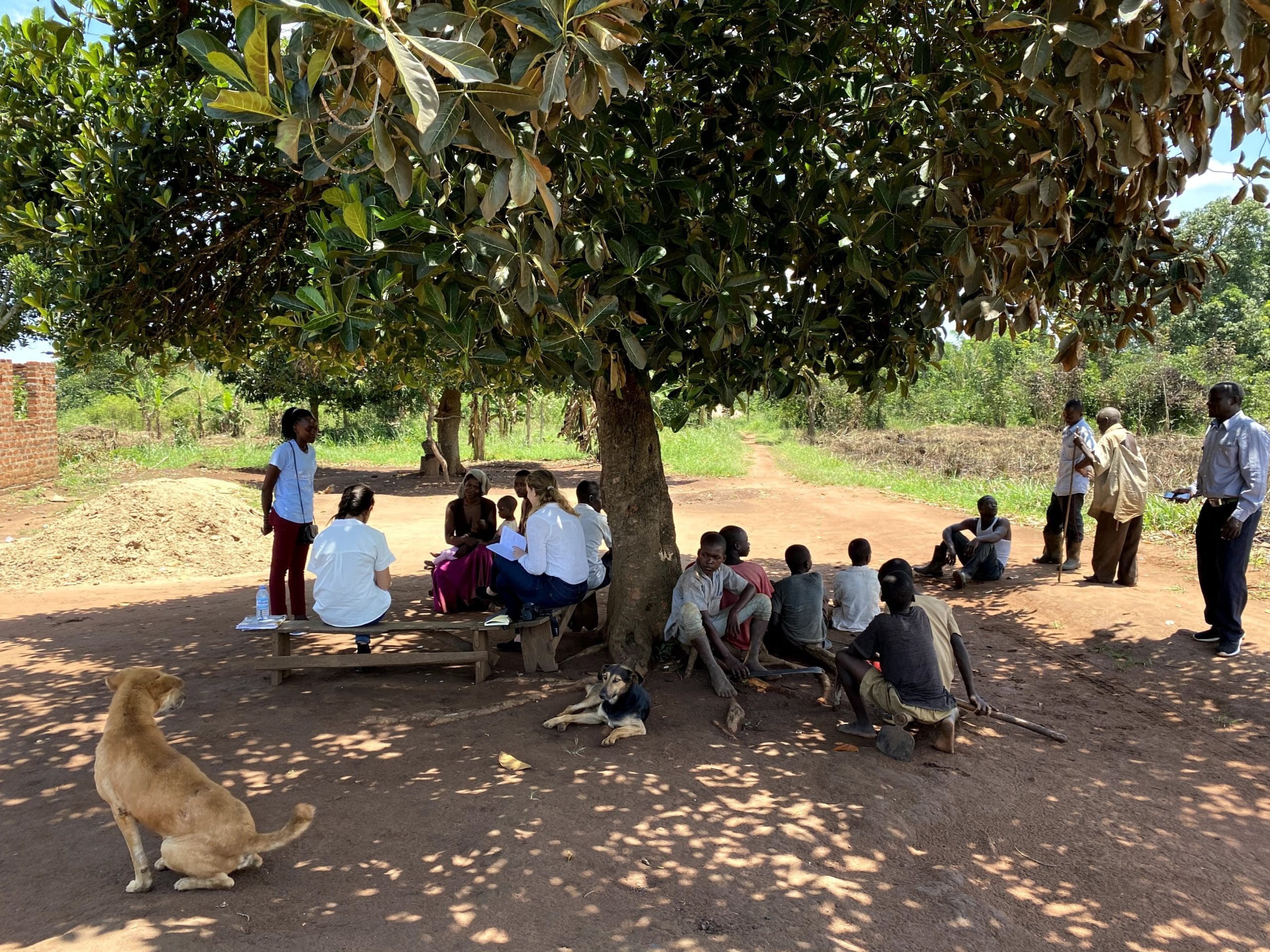
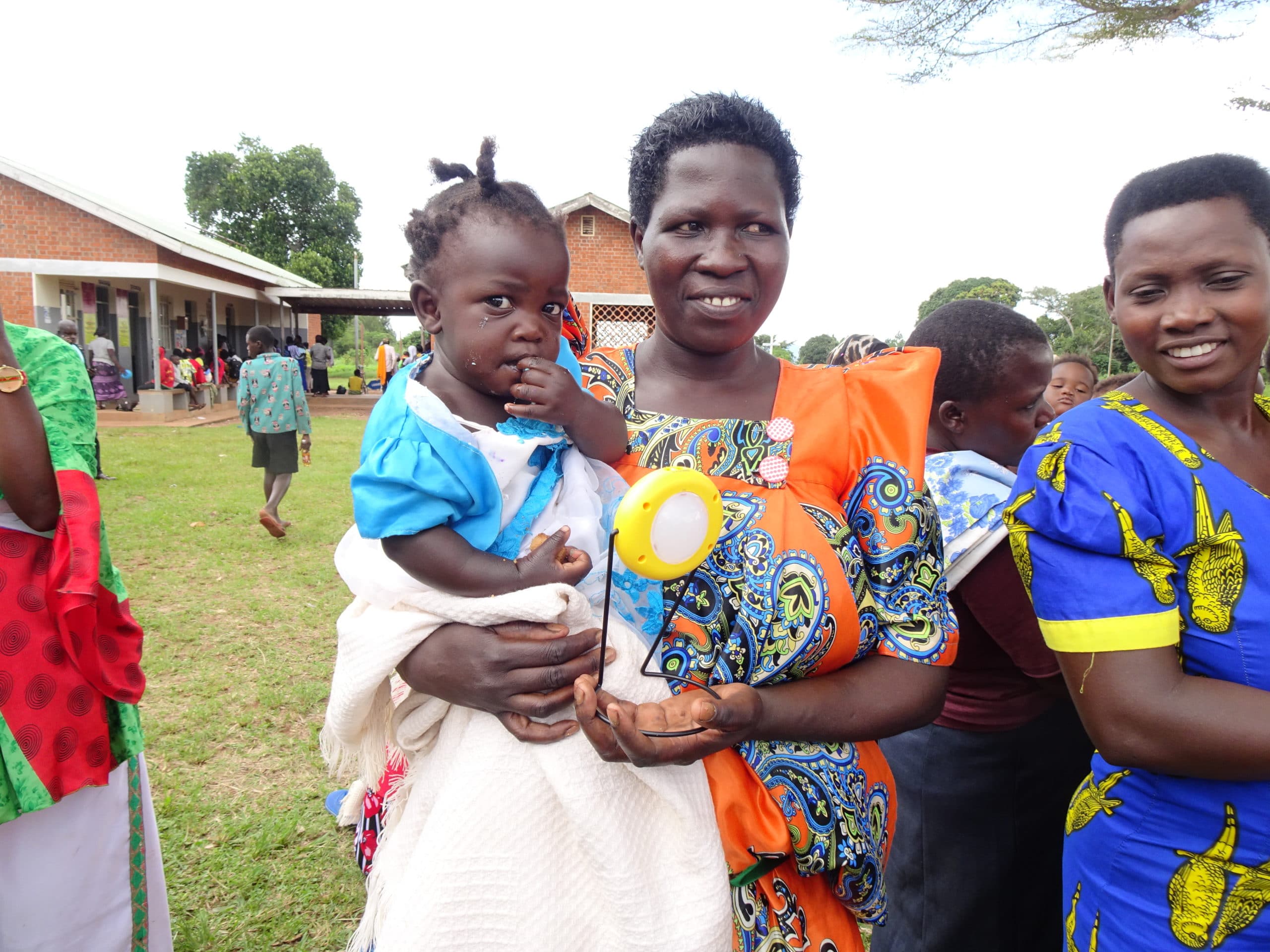
R: Is there anything else you would like to add about your experiences on the ground in Uganda with Let There Be Light International?
D: I’d like to emphasize the point about LTBLI being rooted in the community and the importance of ethical storytelling. Sarah, [LTBLI’s Executive Director], made it clear that the interviews we conducted in the field and the narratives we wrote should focus on the dignity and agency of the mothers. I also loved Ugandan music and afrobeats! Here is my playlist composed of songs I captured through Shazam during our trip to Uganda last year. Enjoy!
Follow-up notes from LTBLI:
Dawn and the Wharton Global Impact Consultants team collected valuable impact data from the first 12 months of Safe Births + Healthy Homes programming. The team conducted qualitative interviews in the field, visiting more than 15 rural, off-grid homes. The team also held focus groups and met with local leaders and partners to build capacity and measure impact. Their research and deliverables are being used to build programs and implement modifications to ensure that LTBLI works with, not for, the solar recipients and health care workers in our target communities.
LTBLI is thankful for Dawn’s support of LTBLI programming and her commitment to the eradication of energy poverty through her work on the UN Sustainable Development Goals. Shine On!

0 Comments